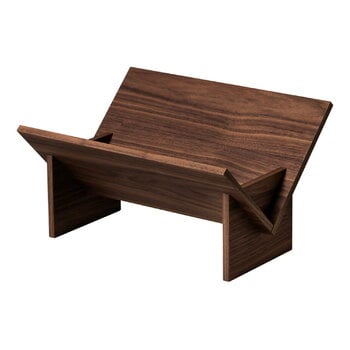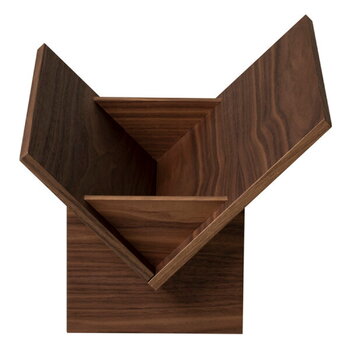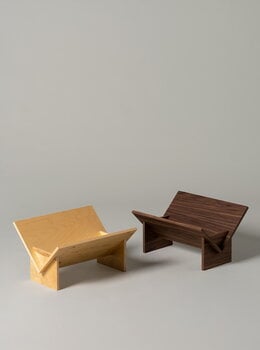Santa & Cole's Librero Oakland bookcase offers a compact, pretty and portable way to store your favourite books, be they small paperbacks or large art books. This small wooden bookcase can be placed on the floor or a tabletop, and it also works great in groups of multiple units.
Designed by the American book and reading brand Book/Shop and manufactured by skilled woodworkers in Barcelona, the Librero Oakland bookcase is easily assembled and transported in a small space.















